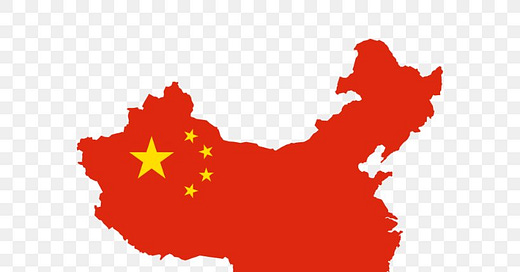Roland Boer is a Marxist philosopher from Australia based in China. He is Professor of Philosophy at the School of Marxism at the Dalian University of Technology in China and Visiting Professor at Chinese Academy of Social Sciences. He was a panelist at the December 11 Summit for Socialist Democracy, a webinar sponsored by the Friends of Socialist China and the International Manifesto Group. My commentary today is based on Boer’s “Socialism with Chinese Characteristics: A Concise Guide,” which is available on his Website.
Epistemological considerations
Boer begins with a quotation from Mao. “Some foreigners say that our ideological reform is brainwashing. As I see it, they are correct in what they say. It is washing brains, that’s what it is! This brain of mine was washed to become what it is. After joining the revolution, it was slowly washed, washed for several decades. What I received before was all bourgeois education, and even some feudal education.”
Boer maintain…



